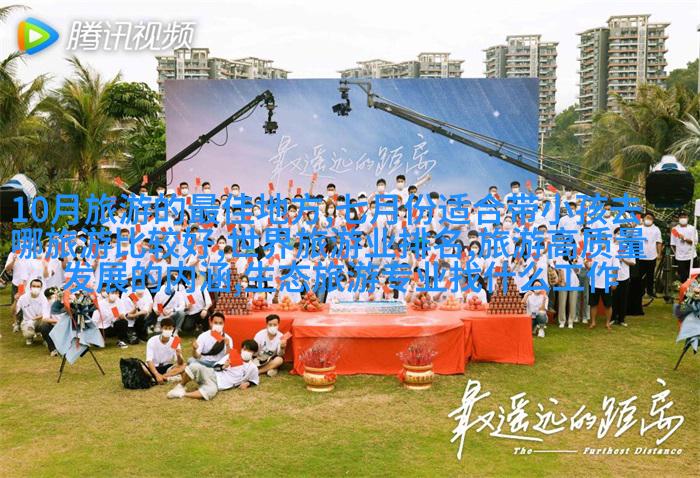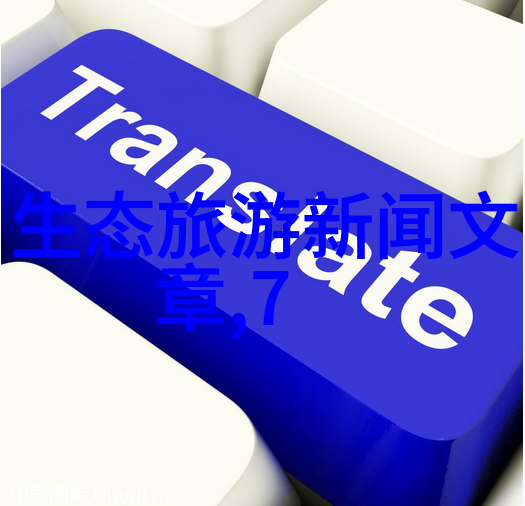智能化旅游体验系统:未来旅游产品的个性化、可定制化和互动性

什么是智能化旅游体验系统?

随着科技的不断进步,旅游行业也在逐渐向智能化发展。智能化旅游体验系统就是指利用人工智能技术、物联网、大数据分析等现代信息技术手段,为游客提供更加个性化、可定制化和互动性的服务。这种趋势正在改变人们旅行的方式,让每一次旅行都变得更加便捷、高效且富有趣味。

如何实现个性化服务?

为了实现个性化服务,首先需要对游客进行深入了解。这可以通过用户画像建立来实现,每位游客都会根据其偏好、兴趣和需求被赋予一个独特的标签。在旅途中,无论是酒店预订、景点推荐还是餐饮选择,都能根据这个标签为游客提供最符合其口味和期待的服务。此外,实时反馈机制也会收集到游客在旅行中的行为数据,以此进一步优化学制度,使得每次旅行都能够更精准地满足游客需求。

可定制度如何提升?
随着技术的发展, tourists increasingly expect to be able to customize their travel experiences based on their preferences and interests. To achieve this, smart tourism systems can use artificial intelligence (AI) and machine learning algorithms to analyze large amounts of data about different destinations and activities, allowing them to provide personalized recommendations for each traveler.
For example, a system could suggest the best restaurants in a particular city based on the traveler's food preferences or recommend the most scenic hiking trails based on their fitness level and interests. Additionally, travelers can also have control over how much information they want to share with the system, ensuring that their privacy is respected at all times.
如何促进与社交媒体融合?
Social media has become an integral part of our daily lives, and it plays an increasingly important role in shaping tourist behaviors as well. Smart tourism systems should be designed with social media integration in mind so that users can easily share their experiences online while also benefiting from real-time feedback from other travelers.
For instance, if a user posts about a great restaurant they found during their trip on Instagram or Facebook, other users who are planning similar trips could see these recommendations directly within the smart tourism app or website without having to search for them separately online.
互动式内容创造与分享
Another key aspect of future smart tourism products is interactive content creation and sharing between tourists themselves as well as between tourists and local communities through mobile apps or websites provided by tour operators or destination management organizations (DMOs).
This interaction enables not only more authentic experiences but also fosters deeper connections among people who share common interests or cultural backgrounds during travels abroad even after returning home upon completion of tours due diligence checklists which further enhances personal satisfaction levels significantly enough make others feel less inclined towards repeat visits thus potentially reducing negative impacts caused by mass tourism like overcrowding pollution etcetera accordingly addressing sustainability concerns effectively ultimately leading better outcomes overall experience thereby promoting responsible travel practices amongst consumers worldwide today tomorrow forever onwards evermore!




